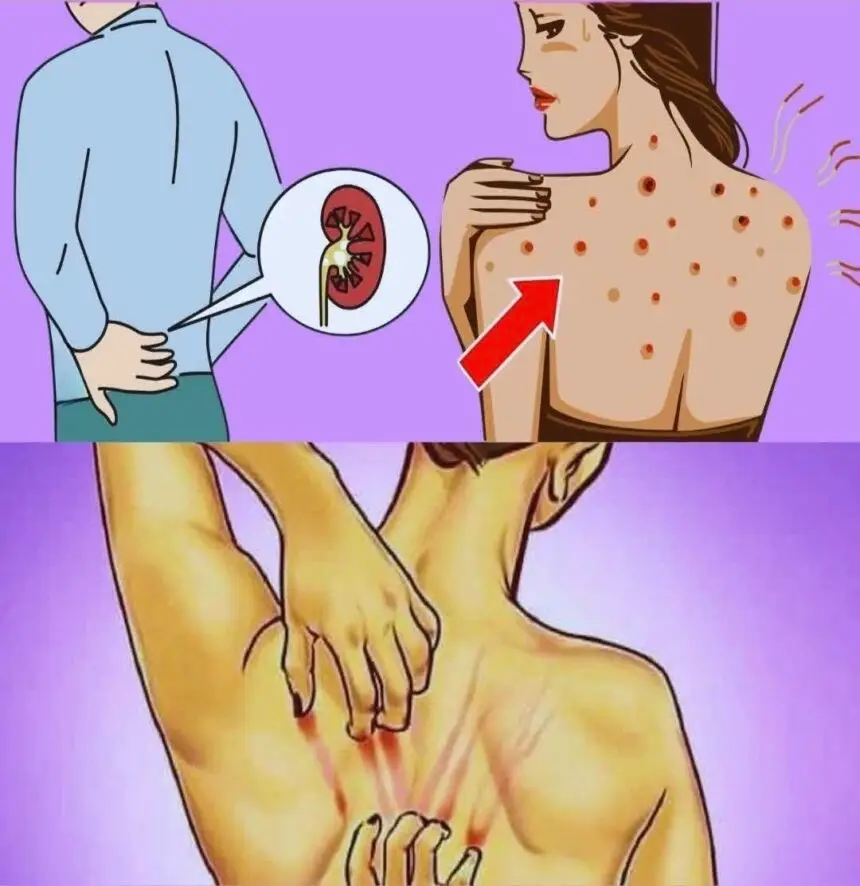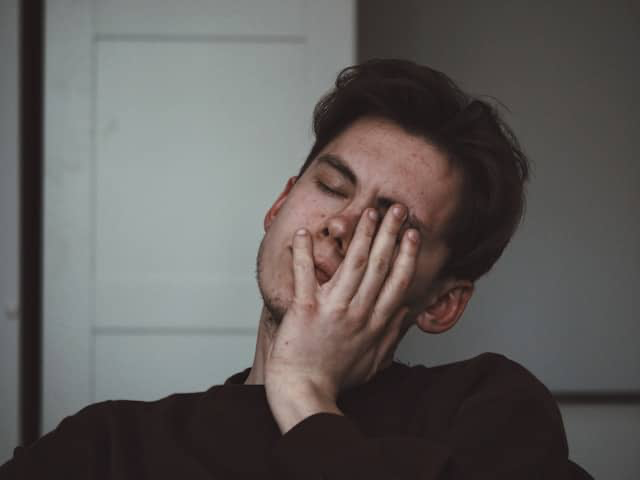Recognizing Early Signs to Prevent Serious Health Complications
Kidney disease affects millions of people worldwide, often progressing unnoticed until it reaches an advanced stage. Since the kidneys play a **critical role in filtering waste, balancing fluids, and maintaining overall health**, early detection is essential to prevent severe complications.
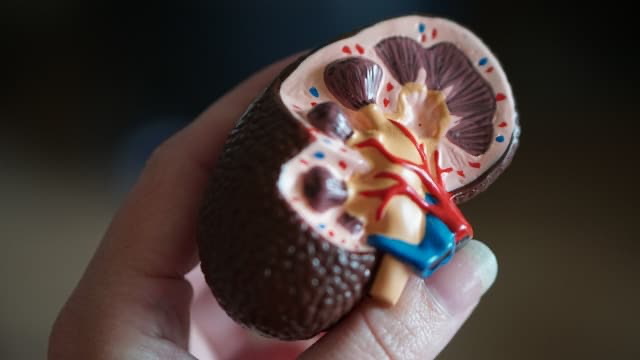
Understanding Kidney Function
Located just below the ribcage, the kidneys **filter blood, remove waste, regulate blood pressure, produce red blood cells, and balance electrolytes**.
A pair of healthy kidneys filter **120-150 quarts of blood daily**, producing **1-2 quarts of urine** to remove toxins and excess fluids. Kidney disease occurs when the kidneys suffer damage and can no longer perform their essential functions. Common causes include **high blood pressure, diabetes, infections, and genetic predisposition**.
If left undetected, kidney disease can lead to **kidney failure**, requiring **dialysis or a transplant**.
10 Signs of Kidney Disease
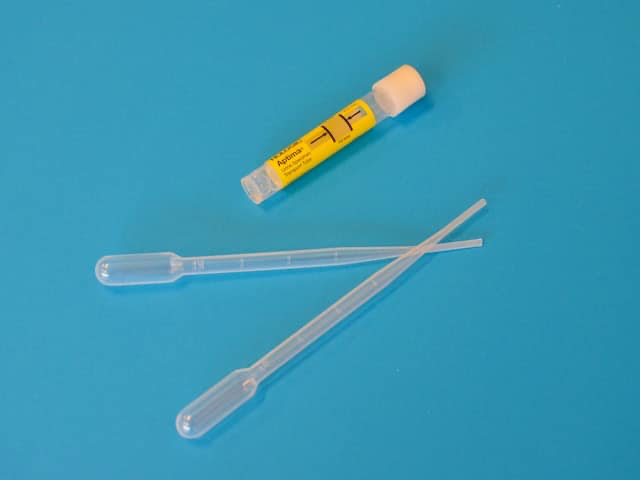
1. Changes in Urination
Noticeable changes in urination patterns can indicate kidney issues, including:
- Increased or decreased frequency of urination
- Foamy or bubbly urine (a sign of protein leakage)
- Dark-colored, cloudy, or blood-tinged urine

2.
Fatigue and Weakness
The kidneys produce **erythropoietin (EPO)**, a hormone responsible for red blood cell production. When kidney function declines, **low red blood cell count (anemia)** can cause **chronic fatigue, weakness, and dizziness**.

3.
Swelling (Edema)
When the kidneys fail to eliminate excess fluids, swelling (edema) can occur in the:
- Legs and ankles
- Hands and face
- Abdomen
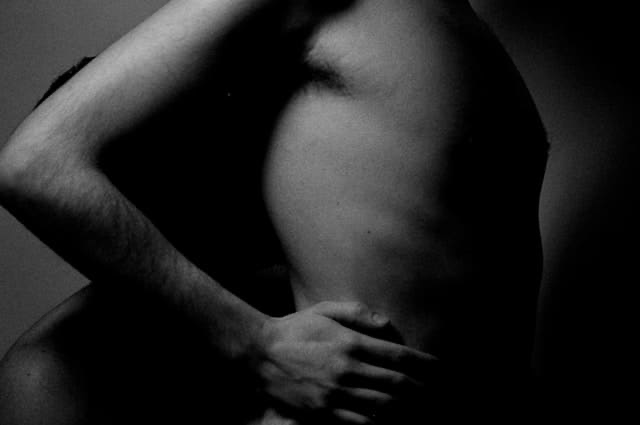
4. Persistent Back Pain
Kidney pain is often felt **below the ribcage** or on **one side of the back**. It can be linked to:
- Untreated urinary tract infections (UTIs)
- Kidney stones
- Polycystic kidney disease (PKD)

5.
Unexplained Weight Loss or Loss of Appetite
As kidney function declines, **waste accumulates in the blood**, leading to **loss of appetite, nausea, and unintended weight loss**.
6. Nausea and Vomiting
Feeling nauseous, especially in the morning or after meals, can be a **warning sign of toxin buildup** in the body due to poor kidney function.

7. Difficulty Sleeping
Kidney disease can lead to **restless leg syndrome, muscle cramps, or frequent nighttime urination**, all of which can disrupt sleep.
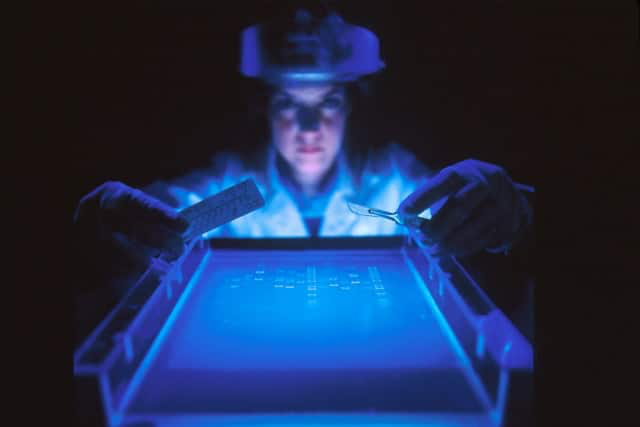
8.
The story doesn’t end here –
it continues on the next page.
TAP → NEXT PAGE → 👇


